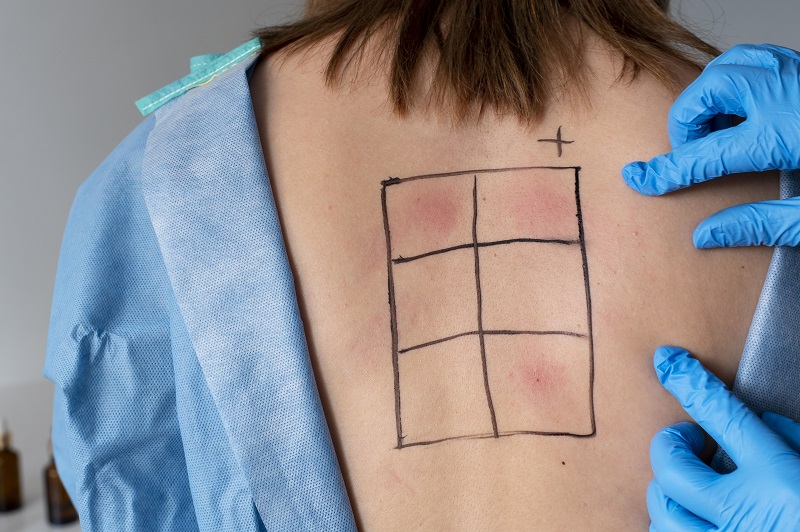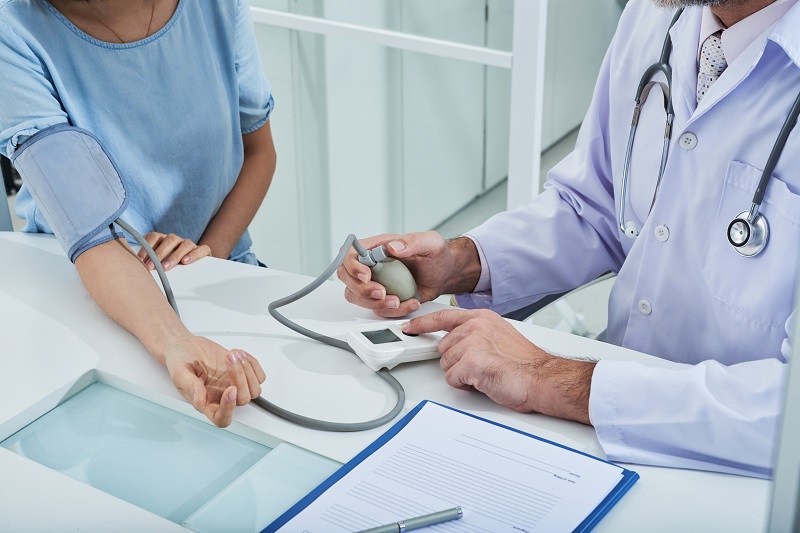The Buyt Desk
Have you been feeling tired off lately? Are you experiencing pain in bones and joints, especially the back? Muscle cramps and mood changes are a part of your day. You are likely having a deficiency of vitamin D.
Should you be bothered about vitamin D deficiency?
Your body does not produce vitamins. Nonetheless, they are essential for the proper functioning of the body. Importantly, they are responsible for the body’s immunity. Vitamin D is unique because your skin can produce it on exposure to sunlight. It is a vitamin responsible for bone health. It keeps bones strong by facilitating the effective absorption of calcium. It protects your body against infections. Thus, vitamin D deficiency can be a probable cause of low immunity or inflammation.
Does vitamin D deficiency cause diseases?
Scientific research highlights the correlation of vitamin D with certain chronic illnesses. You can feel mood swings if your body is deficient in vitamin D. The linkage between this vitamin and mental health is strong. Vitamin D deficiency can probably cause disorders like depression and schizophrenia.
There is a proven correlation between vitamin D deficiency and advanced cancer with symptoms of fatigue and low appetite. Research reports that vitamin D has anti-cancer properties, but its role as a treatment for cancer is under investigation.
Why do you have vitamin D deficiency?
The answer to this is not difficult. If your exposure to the sun is less then your body will lack the “sunshine vitamin”. Ultraviolet B (UVB) sunlight helps produce vitamin D in the body. Another reason is that your diet lacks vitamin D-rich foods. Lastly, vitamin D deficiency may be a physiological problem where your body is unable to metabolize the vitamin. Obesity, pollution, smoking, certain drugs, age, geographic location, lack of exercise are risk factors for vitamin D deficiency.
How much vitamin D is enough?
You are deficient in vitamin D if the serum level of the vitamin is below 50nmol per liter. This is when a physician may recommend vitamin D supplements. A simple blood test can determine the level of vitamin D in the body.
Be alert and nip the vitamin D deficiency in the bud.
Dietary sources of vitamin D include fish like salmon, beef liver, cheese, mushrooms, and egg yolks. Naturally-occurring vitamin D-rich foods are less. Therefore, the market sells foods fortified in vitamin D like orange juice, milk, yogurt, and cereal. Focus on consuming a balanced diet and assure these foods are a part of it.
Exposure to the sun can ensure a sufficient vitamin D level in your body. However, the period of sun exposure will vary depending on your location, melatonin level, and the season. Sunrays between 10 am to 3 pm are most powerful.
If vitamin D deficiency is alarming, like the case of osteoporosis, it requires treatment. The treatment dose of vitamin D is 1250 µg (50,000 IU) vitamin D once for 8 weeks, followed by a maintenance dose of 37.5–50 µg (1500–2000 IU) daily. However, refrain from self-medication and always consult a certified medical practitioner before consuming any medicine.
Now, you are aware of the importance of vitamin D for your body. Eat foods with vitamin D, soak in the sun, and maintain an active lifestyle to prevent vitamin D deficiency.







